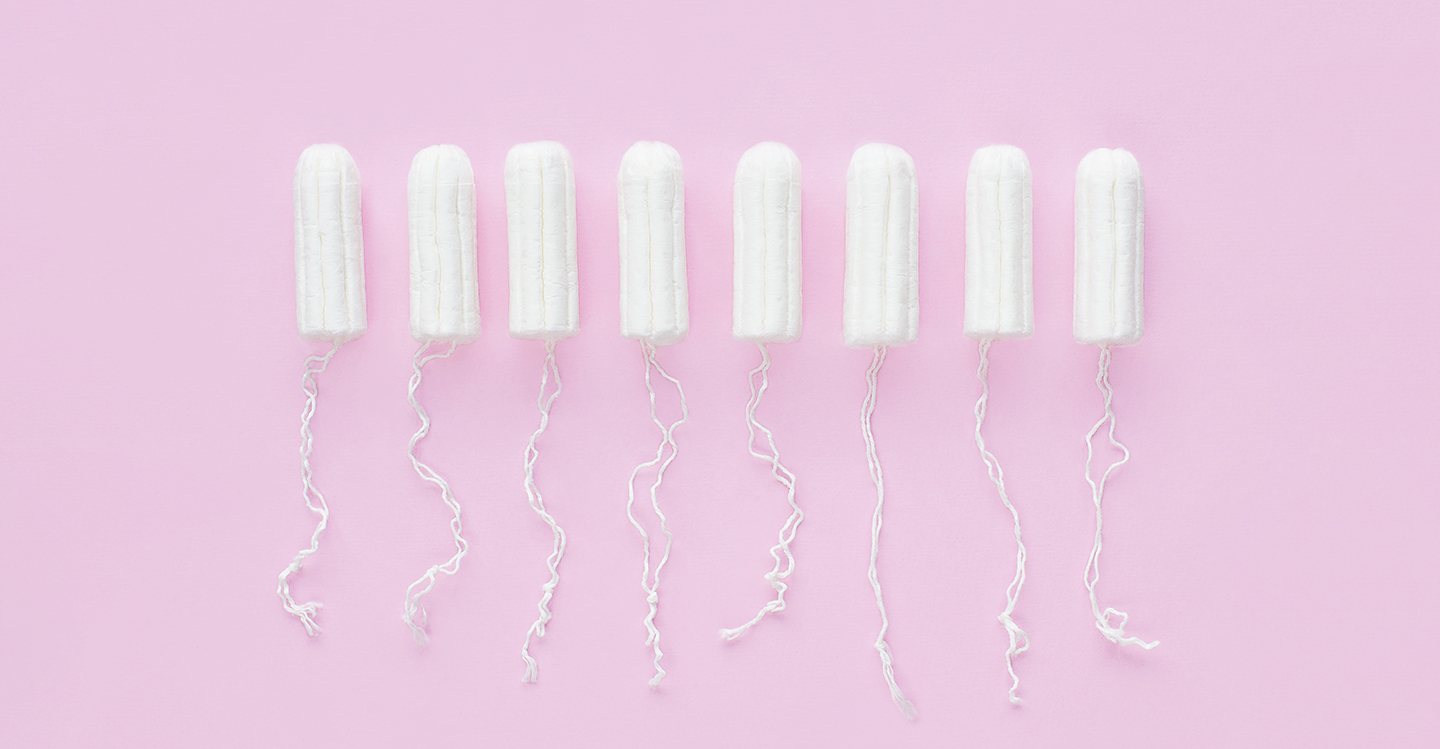Why is it important to know when my period starts back?
Having your first period is a good sign that you are ovulating once more. It is important to be aware of this in case you are not willing to fall pregnant again – for reasons such as safety, timing or finances – and in such quick succession.When will I start getting my period again?
The answer is different for each woman and it depends also on whether you are breastfeeding or bottlefeeding.
Breastfeeding tends to delay the return of ovulation and menstruation for up to 6 months, and often more. For some women, their periods don’t return until they cease breastfeeding entirely. However, if you are not planning for pregnancy, this should not be relied upon as your sole contraceptive method.
Bottlefeeding can reduce the gap between birth and ovulation/menstruation significantly. It isn’t uncommon for bottlefeeding mothers to get their first period within the first 10 weeks after childbirth, but it is very rare to experience menstruation within the first 6 weeks.
Why does breastfeeding suppress ovulation?
When your baby breastfeeds, the sucking sets off the release of hormones that suppress ovulation. This is basically your body telling itself that all your energy is currently being put into nursing a baby and that you are not yet ready to have another one.
The hormone threshold is different for each woman, but it is more likely to be met through a higher frequency of breastfeeding. This is why women who supplement their nursing with bottlefeeding generally experience their periods earlier than those who breastfeed solely.
What should I keep in mind?
- As usual, you will ovulate before you menstruate – which means you might be fertile before you have had your first postpartum menstrual flow. To avoid being caught by surprise, use contraception when resuming sexual intercourse.
- Your menstrual cycle might be irregular to begin with and you might experience heavier or lighter flows with varying colours or consistencies. Any discharges that smell bad, that feature consistent blood clots or that are suddenly bright red in colour are cause for concern and a medical appointment.
- Bottlefeeding mothers who don’t get their period after three months might be experiencing secondary amenorrhea (a significant delay in the return of normal menstruation). If this occurs, it’s a good idea to speak to a doctor.
- Sanitary pads and maternity pads are preferable to tampons following childbirth. With the chances of heavier flows and other materials being flushed from your body, there is an increased risk of bacterial growth and infection through the use of tampons.



